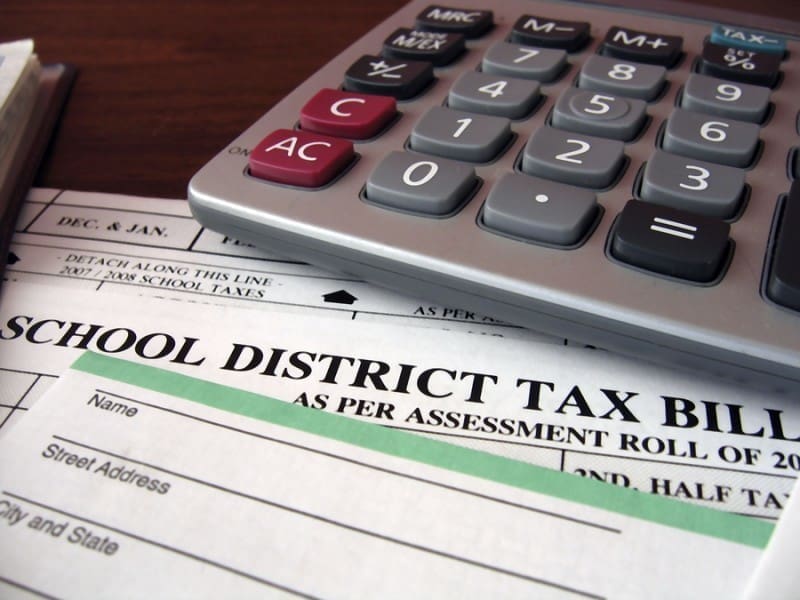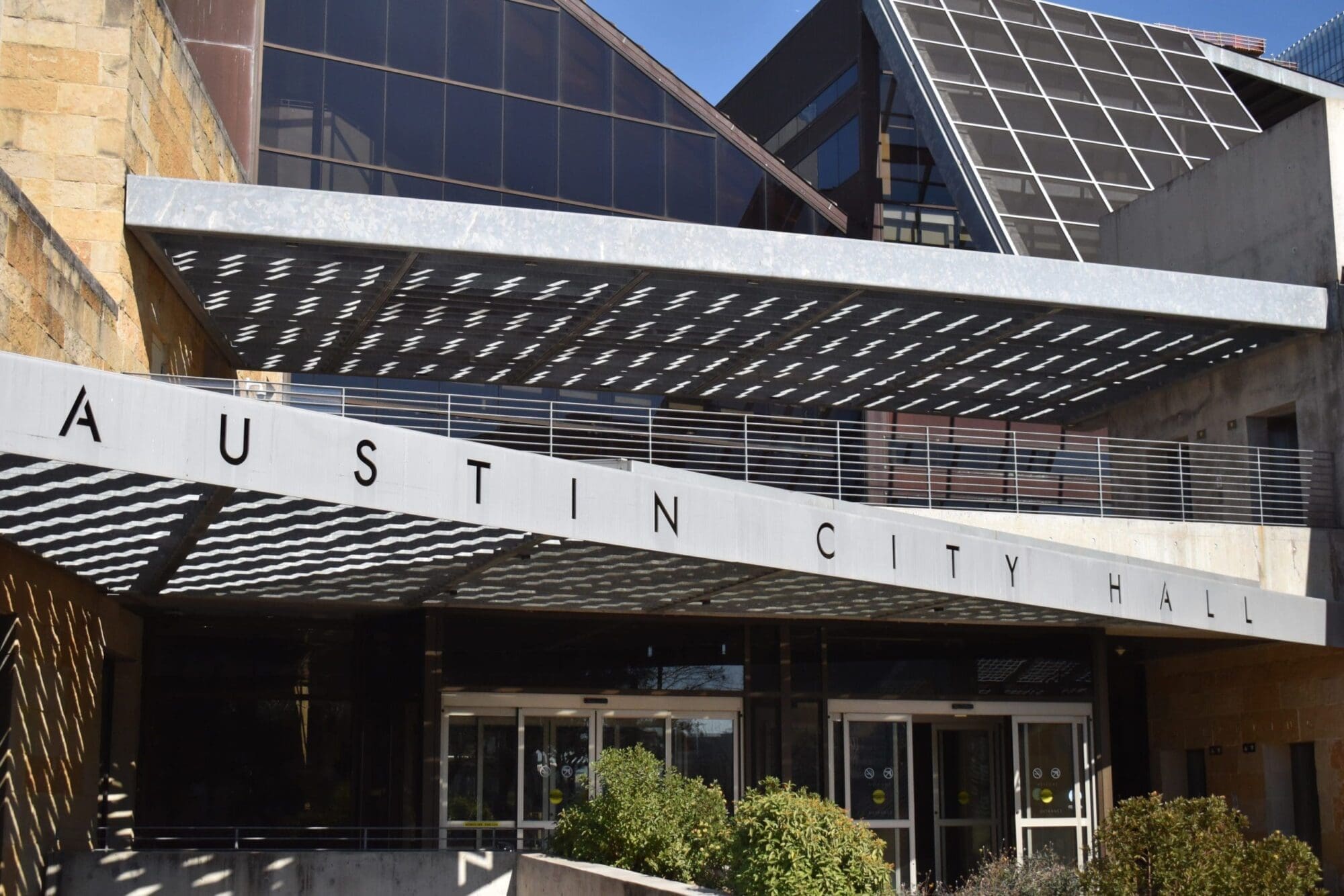The Texas Comptroller of Public Accounts reports that property taxes accounted for just under half of all state-local tax revenue in fiscal years 2022 and 2023.
Provided to the previous Legislature and Texas Gov. Greg Abbott in December 2024, Texas Public Policy Foundation Policy Director James Quintero showcased notable developments in Comptroller Glenn Hegar’s report.
In fiscal year 2022—from September 1, 2021, to August 31, 2022—property tax revenues reached $80.8 billion, accounting for 47.5 percent of total state-local tax revenue.
The following fiscal year—September 1, 2022, to August 31, 2023—saw property tax revenues increase to $81.4 billion. However, its share of all state-local tax revenue decreased slightly to 46.1 percent.
State sales tax generated the next largest state-local tax revenue, totaling $43 billion (25.2 percent of the total) in 2022 and $46.6 billion (26.3 percent) in 2023.
Local sales taxes, meanwhile, generated $12.2 billion in revenue, or 7.19 percent of total state-local tax revenue, in 2022. In the subsequent fiscal year, local sales taxes generated $13.3 billion, or 7.51 percent of all taxes.
Other state taxes, such as the franchise tax, gas tax, and business personal property tax, generated $34.2 billion in 2022, accounting for 20.1 percent of total state-local tax revenue. That number increased slightly to $35.6 billion in 2023, and the percentage remained the same.
Additional findings by the Comptroller show that single-family residential property comprised nearly half of all taxable value—a property’s assessed value subtracted by exemptions—in the 2022-2023 biennium.
The number of property-taxing units rose from 4,421 in 2021 to 4,549 in 2022 and 4,644 in 2023. Property-taxing units are local jurisdictions established by the Texas government to levy taxes.
School districts continue to collect the largest share of Texans’ property taxes. Of the $81.4 billion in property tax revenue collected in 2023, 48.5 percent was due to school district taxation.
“Despite the Legislature’s best attempts to lower taxes and limit increases, local property taxes continue their relentless march upwards,” Quintero told Texas Scorecard. “This unceasing growth strongly suggests the need for strong, new taxpayer protections, like requiring supermajority approval from voters to win a tax increase election.”
“The opportunities to improve the current system are endless, but the most important thing lawmakers can do this session is pass a local spending limit,” he continued. “Remember, spending is taxation, and until the Legislature requires fiscal discipline from local governments, Texas will continue to have a property tax problem.”
Andrew McVeigh, president of Texans for Fiscal Responsibility, highlighted an analysis of the Comptroller’s report by economist Vance Ginn last month.
Ginn’s analysis showed that property tax revenue increased in 2023 primarily due to higher taxes from cities, counties, and special purpose districts, which offset lower-than-expected cuts in school property taxes.
“School property taxes account for the largest share of property tax revenue. This is why TFR advocates swift action by the legislature to eliminate school property taxes … and use surplus revenue to buy down rates to 0, providing the permanent and real relief that property owners of every kind have been demanding,” said McVeigh. “This will also propel Texas toward the ultimate goal of eliminating all property taxes.”
Comptroller Glenn Hegar recently revealed his office’s monthly state revenue watch found Texas accumulated $4.3 billion in state sales tax revenue in January 2025 alone, or 6.8 percent more than in January 2024.
“There were gains in receipts from most sectors, most notably from the services, information, and retail trade sectors, with retail trade results improving as holiday spending shifted into December following a Thanksgiving shopping season that was somewhat muted and fell late in the month,” stated Hegar.
In addition, total sales tax revenue for the three months ending in January 2025 was up 4.2 percent compared with the same period in 2024.
State senators on the Committee on Local Government held a hearing on Tuesday to discuss efforts to reduce property taxes by increasing the $100,000 homestead exemption.
No ads. No paywalls. No government grants. No corporate masters.
Just real news for real Texans.
Support Texas Scorecard to keep it that way!





